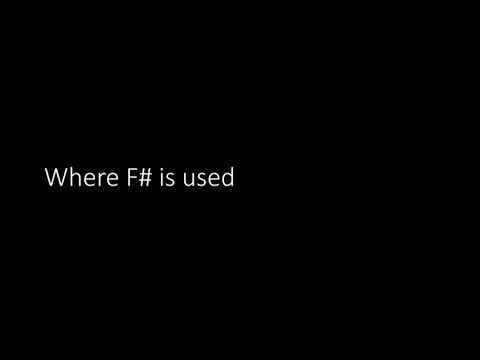Description:
Explore the benefits of F# in this 58-minute conference talk by Phillip Carter at NDC Conferences. Discover how this functional programming language, running on .NET, excels in developing backend services, modeling complex domains, and tackling challenging data access problems. Learn about F#'s use of types for data modeling, functions for data manipulation, and its comprehensive documentation. Gain insights into F#'s widespread tooling support, web capabilities, and Azure integration. Understand its industrial applications, including its use at Microsoft, and compare it to other functional languages like Haskell and Clojure. Get equipped with an elevator pitch to convince your boss about F#'s potential for your next backend service project.

Why You Should Use F#
Add to list
#Conference Talks
#NDC Conferences
#Programming
#Programming Languages
#F#
#C#
#.NET
#.NET Core
#Computer Science
#Functional Programming
#Databases
#Database Design
#Data Modeling
#Web Development
#Backend Development